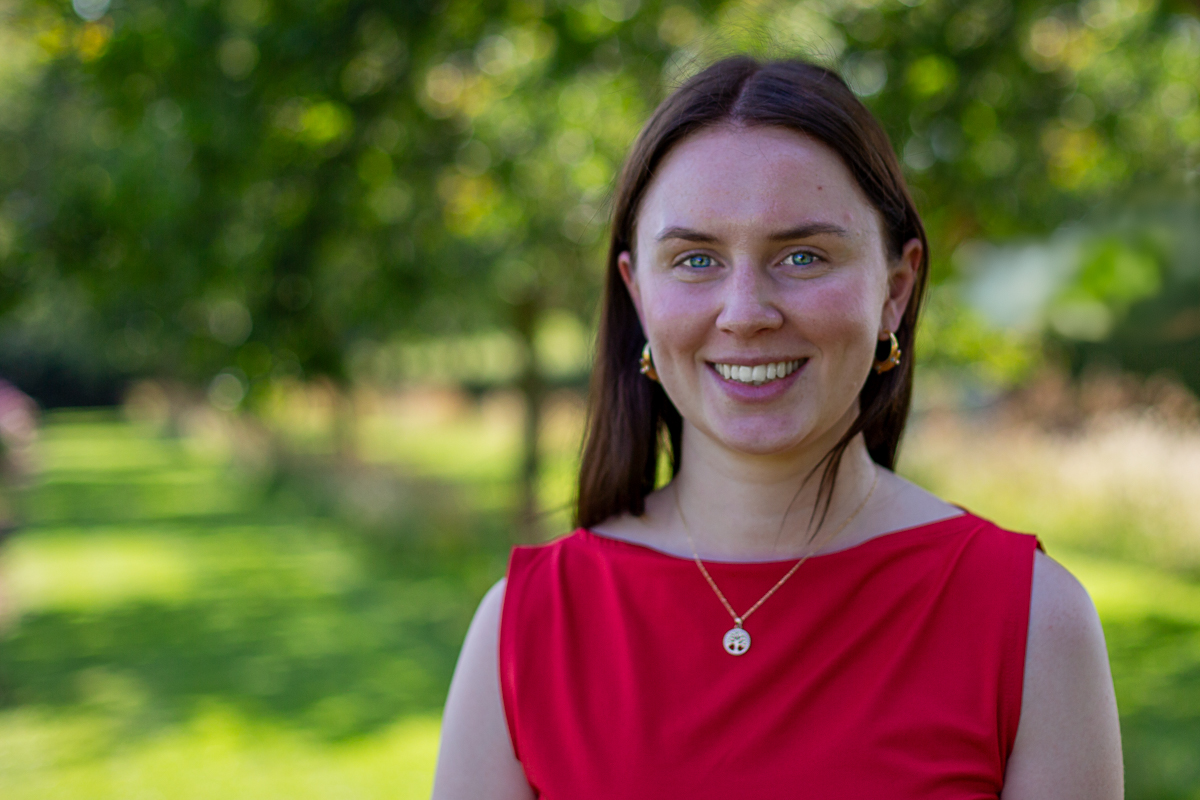Camilla Schelander Hansen - PhD Scholarship 2024
Project summary:
Investigating somatic mutations and clonal cell populations in human atherosclerosis
Is atherosclerosis a tumor of the artery wall?
Recent research has revealed that somatic mutations accumulate in human atherosclerotic plaques, with some mutated cells proliferating into large cellular clones. This suggests that neoplasm-like processes may be involved in the disease. I will explore these previously unexplored aspects of atherosclerosis, aiming to identify novel drug targets.
Project Title
Investigating somatic mutations and clonal cell populations in human atherosclerosis
Background
Atherosclerosis is the accumulation of lipids, fibrous tissue, and cells in the arterial intima, and the cause of myocardial infarction and ischemic stroke.
Preliminary data
Our group has found that accumulation of somatic mutations is an inherent feature of human atherosclerosis, and that some mutated cells proliferate to form large clones.
Aim
The project aims to explore whether established risk factors affect the mutational burden in atherosclerosis, determine if these mutations drive clonal expansion, and assess their impact on plaque growth and stability.
Methods
We will use whole-exome sequencing to comprehensively characterize the mutational landscape of 100 atherosclerotic plaques and employ a CRISPR-Cas9-based mouse model to evaluate causative relationships.

Camilla Schelander Hansen
- cand.pharm
- University of Southern Denmark, Department of Molecular Medicine
Main supervisor:
Lasse Bach Steffensen, Associate Professor, Department of Molecular Medicine, University of Southern Denmark, Odense, Denmark
Co-supervisors:
Professor Lars Melholt Rasmussen, Clinical Biochemistry and Pharmacology, Odense University Hospital, Odense, Denmark
Helle F. Jørgensen, Associate Professor, Department of Medicine, Cambridge University, Cambridge, United Kingdom